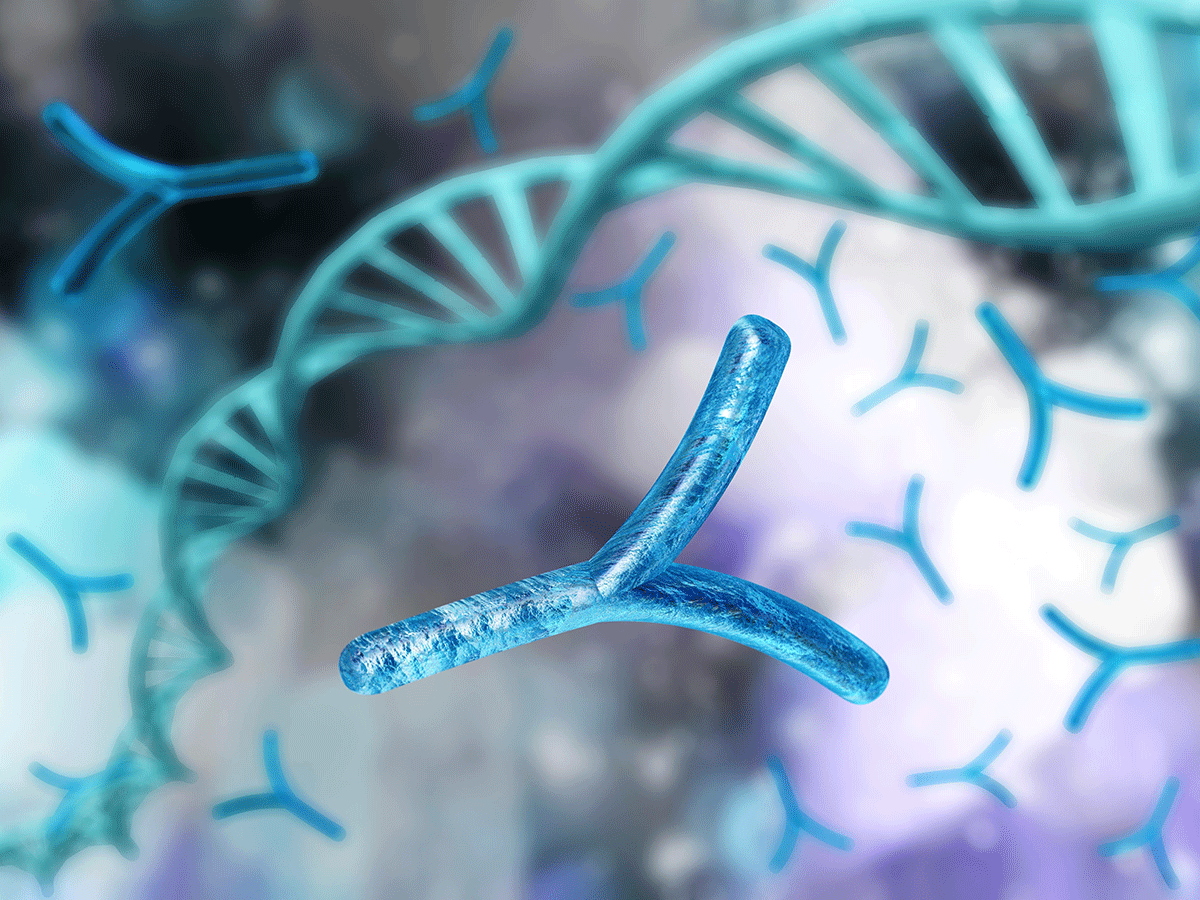Y chromosome: Researchers decipher the final piece of the human genome
Scientists have successfully deciphered the intricate and elusive Y chromosome, the final piece of the human genome puzzle.

[Aug. 24, 2023: Staff Writer, The Brighter Side of News]
In a major breakthrough, scientists have successfully deciphered the intricate and elusive Y chromosome. (CREDIT: Creative Commons)
New sequence reveals genomic factors in fertility, including sperm production.
In a major breakthrough, scientists have successfully deciphered the intricate and elusive Y chromosome, the final piece of the human genome puzzle. This achievement not only provides profound insights into male biology but also has potential applications in male infertility research.
At the heart of every cell lies the genome, a series of threadlike structures, known as chromosomes, that dictate the genetic information passed from one generation to the next. Each individual possesses 24 unique chromosomes. Among these, two are sex chromosomes - X and Y - responsible for determining gender.
Women typically carry two X chromosomes, whereas men possess one X and one Y chromosome. Though exceptions exist, this dichotomy has held true in the vast majority of cases.
Although the complete X chromosome sequence was shared with the world in 2020, the Y chromosome remained a mystery with large gaps. Its genes play pivotal roles in vital reproductive processes, such as spermatogenesis (sperm production), and even impact the risk and severity of certain cancers.
Related Stories
Despite its critical importance, the Y chromosome's complex architecture made it a tough nut to crack. Monika Cechova, a UCSC genomicist and study co-author, elucidates, "The Y chromosome is the smallest and the fastest-evolving chromosome in the human genome, and also the most repetitive, meaning that its DNA contains stretches of DNA repeated many times over."
Arang Rhie, the lead author of the research paper from the U.S. National Human Genome Research Institute, attributes this groundbreaking success to "new sequencing technologies and computational methods." The outcome? A comprehensive view of the Y chromosome, revealing over half of its length previously absent from our genome maps, as expressed by Karen Miga, a professor at UCSC.
Miga further stated, "It finally provides the first complete view of a Y chromosome's code." This research, backed by the Telomere-to-Telomere consortium, illuminates medically pertinent areas of the Y chromosome. Specifically, stretches of DNA involved in sperm production, deepening our understanding of male fertility.
Geneticist Karen Miga at University of California, in Santa Cruz. (CREDIT: UC Santa Cruz)
Implications in Medical Research
With this revelation, the scientific community can now gain insights into the role of the Y chromosome in various human ailments. "This is especially important because the Y chromosome has been traditionally excluded from many studies of human diseases," pointed out Cechova.
Furthermore, she emphasized the practicality of this discovery, stating, "Many of these genes are crucial for fertility and reproduction, especially spermatogenesis. Cataloging normal variations and understanding conditions like azoospermia could significantly benefit IVF clinics and enhance research on these genes."
The human Y chromosome is the final human chromosome to be fully sequenced. The new sequence, which fills in gaps across more than 50% of the Y chromosome’s length, uncovers important genomic features with implications for fertility, such as factors in sperm production. (CREDIT: NHGRI)
Intriguingly, the study also found instances where DNA from the Y chromosome had been mistakenly classified as bacterial in previous research.
The Journey Forward in Human Genetics
Since the unveiling of the first draft of the human genome in 2003, the realm of genetics has witnessed astonishing strides. Just last year, a comprehensive human genome was published, albeit with an incomplete Y chromosome. In May, an enhanced genome version that encapsulated the diverse genetic tapestry of our global population was released.
UC Santa Cruz Genomics Institute researcher Monika Cechova. (CREDIT: Celine Neudorf)
Cechova, encapsulating the essence of this achievement, stated, "We now have a recipe on how to assemble the Y chromosome fully. While it remains a costly endeavor, it holds the promise of personalized genomics in the future."
As scientists continue to delve deeper into our genetic code, it's evident that this recent unveiling of the Y chromosome will catalyze further innovations in understanding the enigma that is the human genome.
Note: Materials provided above by NIH/National Human Genome Research Institute. Content may be edited for style and length.
Like these kind of feel good stories? Get the Brighter Side of News' newsletter.
Joseph Shavit
Head Science News Writer | Communicating Innovation & Discovery
Based in Los Angeles, Joseph Shavit is an accomplished science journalist, head science news writer and co-founder at The Brighter Side of News, where he translates cutting-edge discoveries into compelling stories for a broad audience. With a strong background spanning science, business, product management, media leadership, and entrepreneurship, Joseph brings a unique perspective to science communication. His expertise allows him to uncover the intersection of technological advancements and market potential, shedding light on how groundbreaking research evolves into transformative products and industries.



